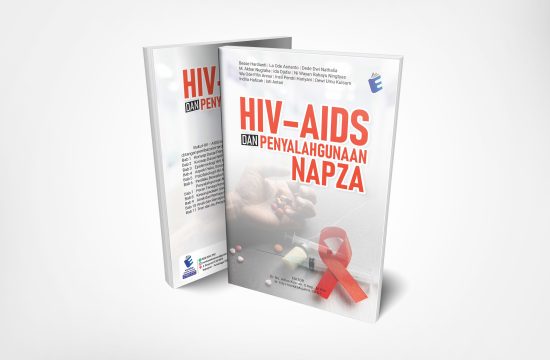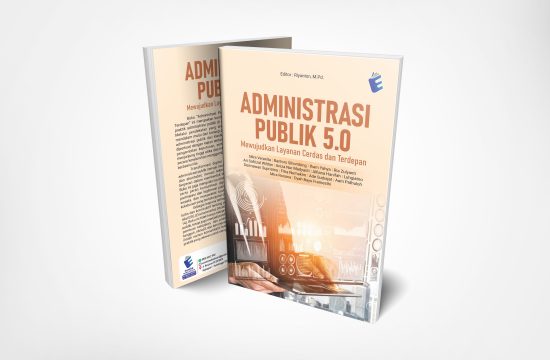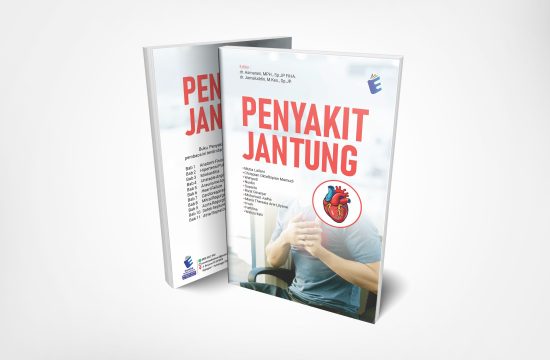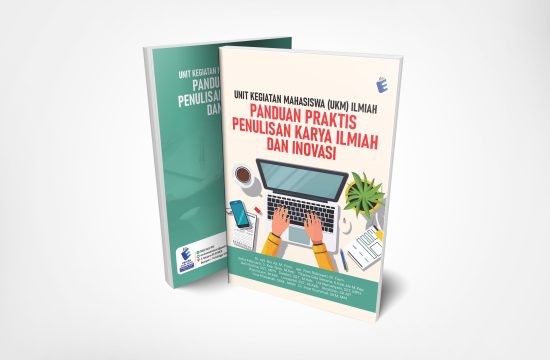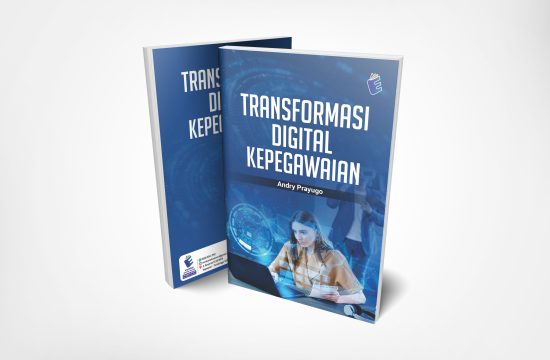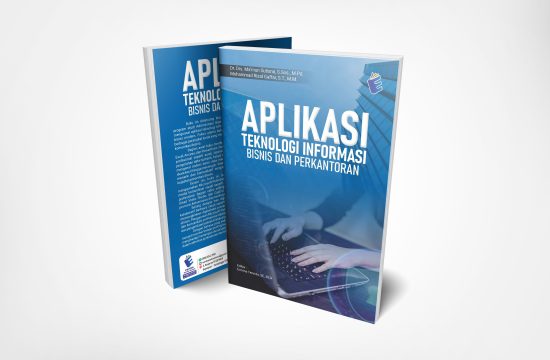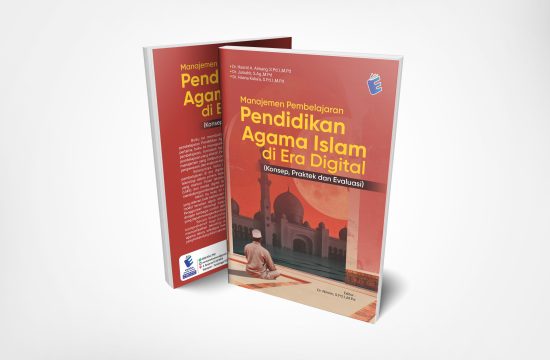The book “English for Islamic and Sharia Economic Students” is a comprehensive guide aimed at students and professionals who are interested in studying Islamic economics and sharia economics. This that discuss various theoretical and practical aspects of Islamic economics, which are complemented by the application of English in the context of sharia economics. This designed to be a complete and easy to understand learning resource, providing clear and applicable insights into a fair economic system based on Islamic values.
This book, “English for Islamic and Sharia Economic Students,” is a comprehensive guide designed to help students master English while deepening their understanding of Islamic and Sharia-based economics. Consisting of 36 chapters, the book bridges language learning with critical topics in Islamic finance, halal industries, and Sharia principles. Chapter 1, Introduction to Islamic Economics and Sharia Economics, offers a fundamental overview of the field, while Chapter 2, Principles of Justice in Islamic Economics, discusses the importance of fairness in economic transactions. Chapter 3, Sources in Islamic Economics, explores the primary references like the Quran and Hadith that guide economic behavior, and Chapter 4, Concept of Halal and Haram in Economics, explains what is permissible and prohibited in Islamic economics. Chapter 5, Islamic Business Ethics, highlights the ethical principles that govern business conduct, while Chapters 6 to 8, covering Debt and Loan, Interest and Riba, and the comparison of Islamic Economic System vs. Conventional Economic System, provide insights into critical financial concepts. Chapters 9 to 12, which focus on Islamic Banking, Islamic Banking Products, Islamic Financial Transactions, and Sharia Financial Services, explain the various services and practices in Islamic finance. Chapter 13, Transactions at Sharia Banks, and Chapter 14, Fintech in Islamic Economics and Sharia, discuss emerging trends and technological advancements in the financial industry. Chapter 15 to 19, including Baitul Maal wa Tamwil (BMT), Sharia People’s Financing Bank, Sharia Cooperatives, Sharia Pawnshops, and Sharia Insurance (Takaful), delve into specific Sharia financial institutions and services. Chapters 20 to 23, discussing Zakat, Infaq, Sadaqah, and Waqf in Islamic Economics, highlight the charitable and social finance components of the field. Chapters 24 to 28 cover Hibah (Grant), Halal Business Practices, Halal Industries and Entrepreneurship, and Halal Certification, providing practical insights into halal business models and certification processes. Chapters 29 to 33 focus on various Halal Industries, such as the Halal Food and Beverage Industry, Halal Tourism, Halal Hospitality, Muslim Fashion, and the Halal Cosmetic Industry, illustrating the growing global impact of halal sectors. Chapter 34, Professions Related to Islamic Banks and Finance, and Chapter 35, Job Vacancy for Islamic/Sharia Economics Graduates, offer career insights, while Chapter 36, Job Application Letter, provides guidance on how to apply for jobs in these fields.
This book is suitable for anyone who wants to understand sharia economic concepts in a more comprehensive and applicable way, both from a theoretical and practical perspective, and focuses on the use of English in the context of Islamic economics. It is hoped that this book will be a useful reference for Islamic economics students, lecturers, practitioners, as well as anyone who is interested in studying the concepts and practical applications of sharia economics in everyday life.
Penulis : Tira Nur Fitria S.Pd, M.Pd.
Halaman Buku : 397
DOWNLOAD
PRE-ORDER | Rp. 110.000

